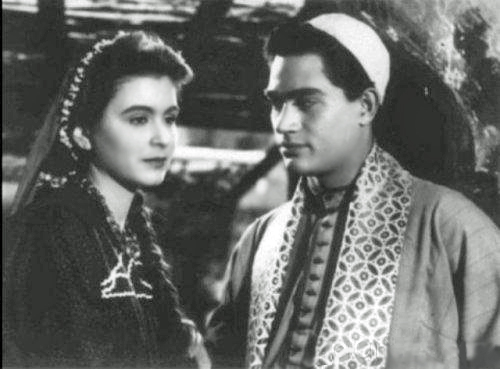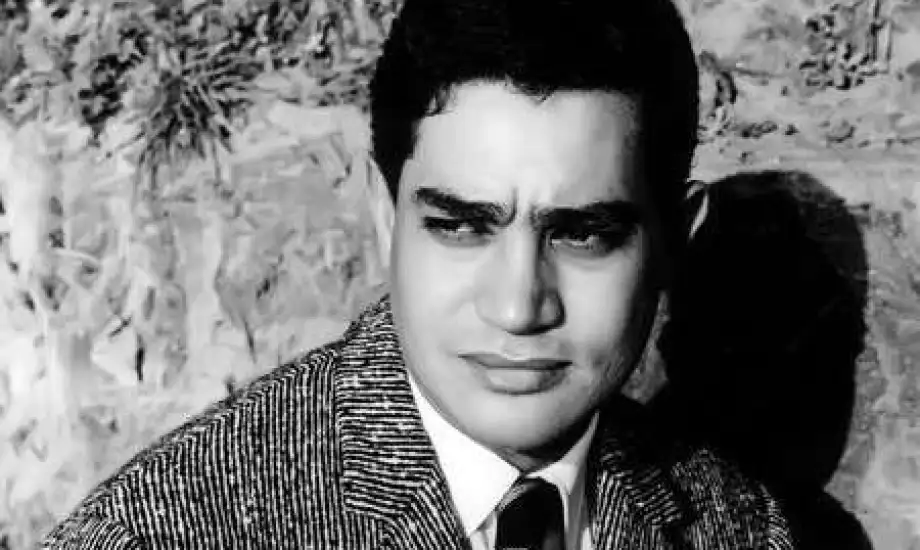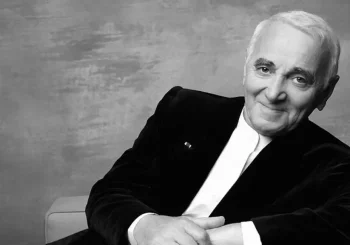Muharram Fouad’s birth, on 24 June 1934, marked the arrival of a cultural icon, a man whose name has become synonymous with the golden age of Egyptian cinema and theater.
Today, on what would have been Muharram Fouad’s 88th birthday, it is only fitting that we take a moment to reflect on the remarkable journey of this entertainment legend and the lasting impact he has had on the hearts and minds of countless individuals.
Fouad’s path to stardom was paved with passion, dedication, and an unwavering commitment to his craft. In a radio interview with Tarek Muharram Fouad, it was revealed that Muharram Fouad’s musical talent surfaced when he was just four years old.
Born in the bustling city of Cairo, Fouad’s natural charisma and captivating screen presence soon caught the attention of the industry, and he embarked on a career that would span decades and leave an indelible mark on the cultural landscape of Egypt.
As an actor, Fouad’s versatility was unparalleled, seamlessly transitioning between dramatic and comedic roles with equal composure. From his iconic performance in the 1951 film Hasan wa Naimah (an Egyptian adaptation of Romeo and Juliet starring him and Egyptian legendary actress Soad Hosny) to his role in the Nesf Azraa (Half Virgin, 1961) alongside the phenomenal Egyptian actress Zubaida Tharwat, he consistently delivered performances that left audiences spellbound.

His skill at playing a variety of characters, from the formal and dignified to the charming and amusing, made him admired by both critics and audiences.
But Fouad’s impact went beyond his work as an actor; he also left an indelible mark as a music composer. Dubbed “The Sound of the Nile,” Fouad composed an astounding body of work, leaving behind well over 900 songs that captivated audiences across the Arab world.
Muharram Fouad garnered a lot of prizes and decorations, the most important of them was the Decoration of Independence from Jordan’s King Hussein in 1965.
Also, during the presidency of Mohammed Anwar Al-Sadat, Fouad sang the national anthem on multiple occasions and he was considered the president’s favorite singer.
Particularly noteworthy were the 20 songs he composed in praise of Palestine, which stood as powerful expressions of solidarity and support for the Palestinian people.
Fouad’s prowess as a composer was a testament to his multifaceted talents. Just as his acting roles had the ability to captivate and transport audiences, his compositions possessed a similar magic, weaving together melodies and lyrics that spoke to the shared experiences and aspirations of the Arab world.
Fouad’s personal life was marked by both joy and sorrow, as he navigated multiple marriages but found enduring love in his union with his wife Aisha, with whom he welcomed a beloved son, Tarek. The family legacy continued through Tarek’s own son, the acclaimed Belgian-Egyptian singer Tamino, who carries on his grandfather’s artistic legacy through his music.
The beloved actor and composer passed away on 27 June 2002, in his beloved Cairo.







Comment (1)
[…] Learn more […]